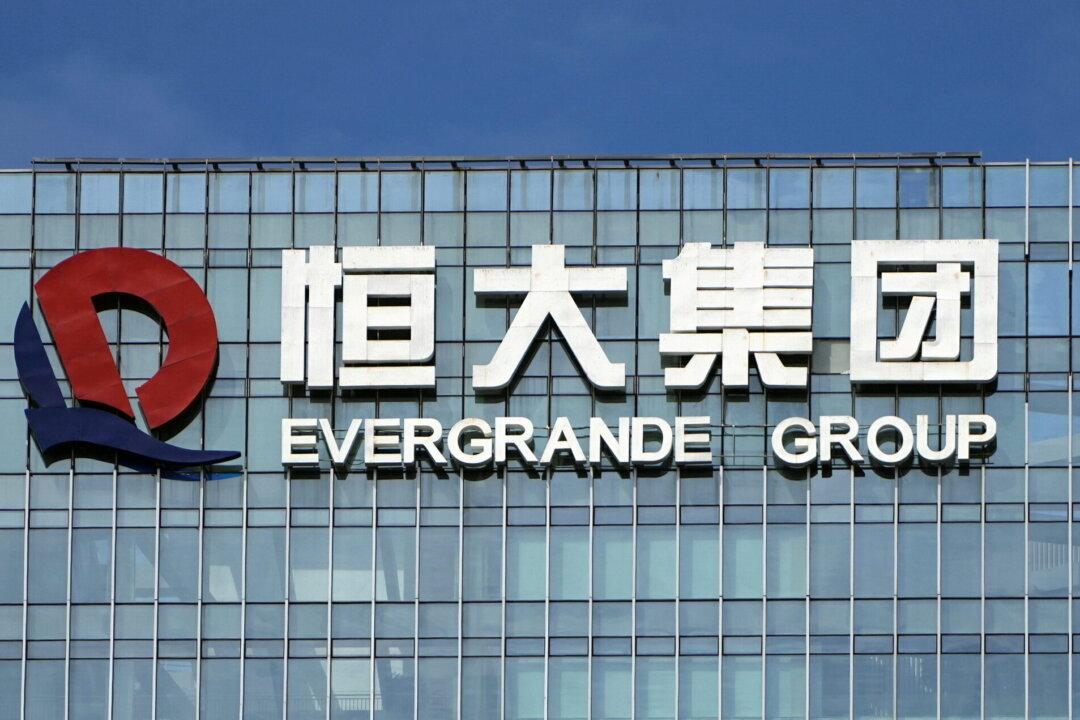BEIJING—China’s Guangdong province on Friday summoned the chairman of China Evergrande Group after the real estate developer said there was “no guarantee” it would have enough funds to meet debt repayments, while regulators sought to reassure markets.
Evergrande, once China’s top-selling developer, is grappling with more than $300 billion in liabilities, fuelling fears of a potential collapse that could send shockwaves through the country’s property sector and beyond.





